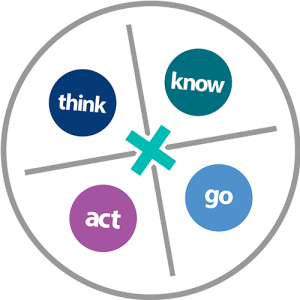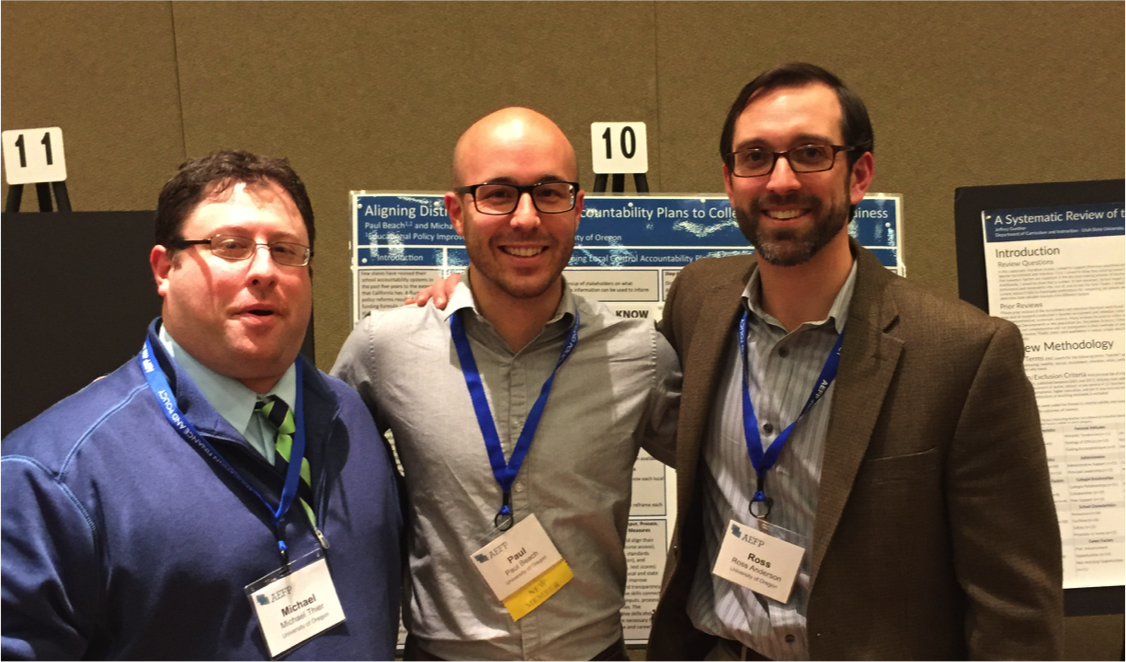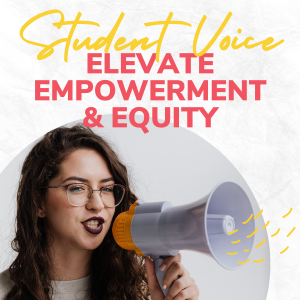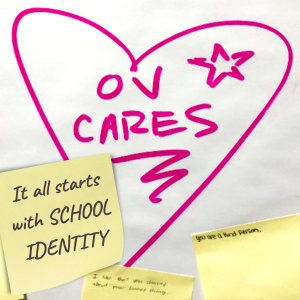
On March 8–10, EPIC researchers Ross Anderson, Michael Thier, and Paul Beach presented at the 41st annual conference of the Association for Education Finance and Policy (AEFP) in Denver, Colorado. The conference drew a strong contingent from the University of Oregon where Ross, Michael, and Paul are PhD students in the Department of Educational Methodology, Policy, and Leadership. A unique feature of AEFP is the presence of “policy reactors” in every session. These reactors attempt to apply the session’s findings to their policy context in state departments of education, federal agencies, or organizations from the private and nonprofit sector such as the RAND Corporation and College Board.
Both Ross and Michael presented papers on defining, developing, and measuring metacognitive skills, alongside scholars from Harvard, Stanford, Tulane, and Arkansas. Ross’s paper (coauthored with EPIC staff member Christine Pitts) titled, Creative Engagement in Learning: A New Way to Conceptualize and Measure the Middle School Experience, focused on the measurement of creative engagement in middle school using data from EPIC’s ArtCore project. Ross’s model, which is part of a larger program of inquiry, employed factor analytic methods to examine the cognitive, metacognitive, and social-emotional factors associated with the educational success of 6th-grade students in Oregon’s Eugene/Springfield area. Similarly, Michael’s paper titled, Maturing Measurement: Validity and Reliability Trials of a Measure of Global Citizenship for High School Students, used factor analytic techniques to explore the factors that influence International Baccalaureate (IB) students and teachers’ understanding of global citizenship. Michael collected data for his study during a trip to Barcelona, Spain, in 2015, where he attended an IB World Student Conference. Both Ross and Michael’s findings showed that the complexity of measuring metacognitive skills requires collaboration among researchers and educators to improve the usefulness of self-report surveys in improving student success.
Ross also chaired the panel where Dr. Martin West of Harvard, a leading scholar in the metacognitive field, presented on measuring metacognitive skills as part of one large-scale accountability system: the California Office to Reform Education (CORE) districts. Much of the discussion on this panel, which included Michael’s paper described above, revolved around the appropriateness of holding schools accountable to relatively new and untested measures of metacognitive skills. EPIC worked with the California Department of Education on this very issue in 2014, and found that traditional accountability systems may not be conducive to the inclusion of metacognitive measures. However, California’s recent accountability reforms have opened the door for school districts to experiment with using measures of metacognitive skills. Districts in California are now required to create and implement Local Control Accountability Plans that detail how they plan to measure progress toward eight state priorities. To that end, Paul and Michael presented a poster session outlining a process for districts to align their LCAPs to college and career readiness. This process, which was developed during the creation of three separate policy briefs, requires districts to adopt a definition of college and career readiness, such as EPIC’s Four Keys to College and Career Readiness, and align input, process, and outcome measures to evaluate progress toward reaching the overall goal of graduating college- and career-ready students. A key to this process is showing that developing metacognitive skills is a critical educational process for graduating students who are truly ready to succeed after high school.




